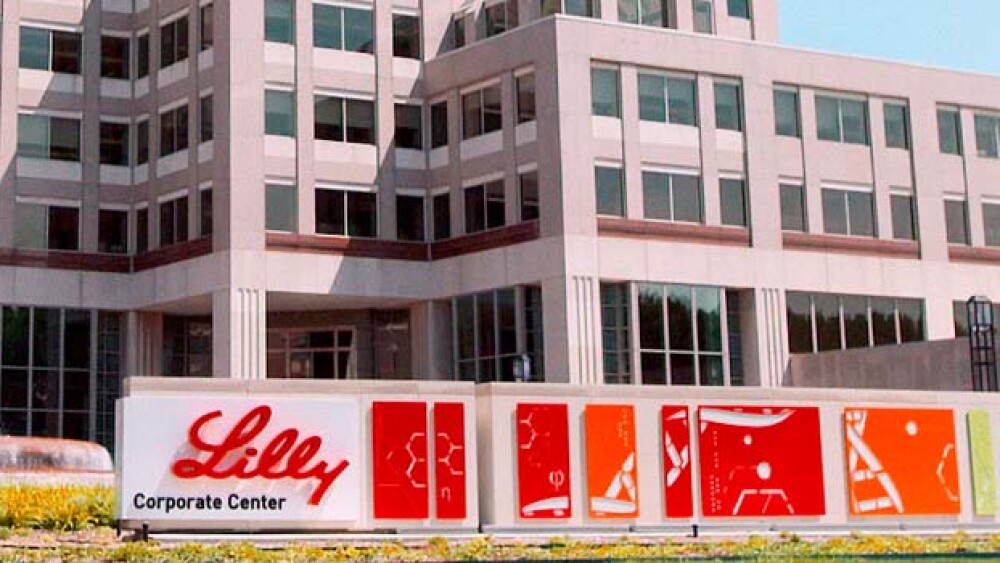The approval marks Emgality as the first calcitonin gene-related peptide (CGRP) antibody to be approved for two distinct headache disorders.
Eli Lilly scored a first in the battle against episodic cluster headaches, beating out competitors in the space. The Indianapolis based company won approval for the first treatment of episodic cluster headaches in the United States.
On Tuesday the company announced the U.S. Food and Drug Administration (FDA) approved Emgality for this type of headache treatment. The approval marks Emgality as the first calcitonin gene-related peptide (CGRP) antibody to be approved for two distinct headache disorders. In September 208, Emgality was approved for the prevention of migraine.
There are approximately 250,000 adults in the United States who face the crippling pain from episodic cluster headaches. Cluster headaches are characterized by the abrupt onset of severe to very severe pain on one side of the head. In addition to the pain, the headaches are accompanied by a variety of other symptoms, including bloodshot eyes, excessive tearing of the eyes, drooping of the eyelids, runny nose and nasal congestion, as well as facial sweating. The cluster headaches can span two weeks to three months and occur up to eight times per day. The headaches typically last between 15 minutes and three hours. Cluster headaches are often considered “episodic,” which means attacks occur frequently for a short time before going into remission for one month or longer.
“Episodic cluster headache can be devastating. The approval of Emgality for the treatment of episodic cluster headache is an important milestone as it provides a new treatment option, which has been long-awaited by those impacted by this disease,” Christi Shaw, president, Lilly Bio-Medicines, said in a statement.
Emgality was approved for this indication based on data from a Phase III study that evaluated the safety and efficacy of a 300 mg dose of the medication. In the Phase III trial, the study measured the average number of cluster headaches per week for three weeks and compared the average changes from baseline in the Emgality and placebo groups. Over the course of the three-week period, the patients who took Emgality experienced 8.7 fewer weekly cluster headache attacks than they did at baseline, compared to 5.2 fewer attacks for patients on placebo, the company said. In the Emgality group, 71.4 percent of patients saw their weekly cluster headache attacks reduced by half or more from baseline at week three. That was in comparison to the 52.6 percent of patients on placebo. The treatment was granted Priority Review by the FDA in March. It had also received Breakthrough Therapy designation.
After training by a healthcare professional, patients will be able to administer Emgality at home through subcutaneous injections at the onset of a cluster headache period, and then monthly until the end of a cluster period. The drug will be available at retail pharmacies and the list price for the new indication will be the same per milligram as the migraine indication, Eli Lilly said.
While Emgality is battling it out in the migraine market with other approved CGRP-inhibitors, such as Amgen and Novartis’ Aimovig and Teva Pharmaceutical’s Ajovy, Alessio Brunello, senior pharma analyst at GlobalData, said Eli Lilly’s extensive experience in the neurology market will benefit sales of the drug, which he pegs at $1.02 billion by 2026. In the United States, Brunello predicts Emgality will bring in $766 million in annual revenue within that same time frame. Last year, Teva halted its cluster headache study following a futility analysis.





